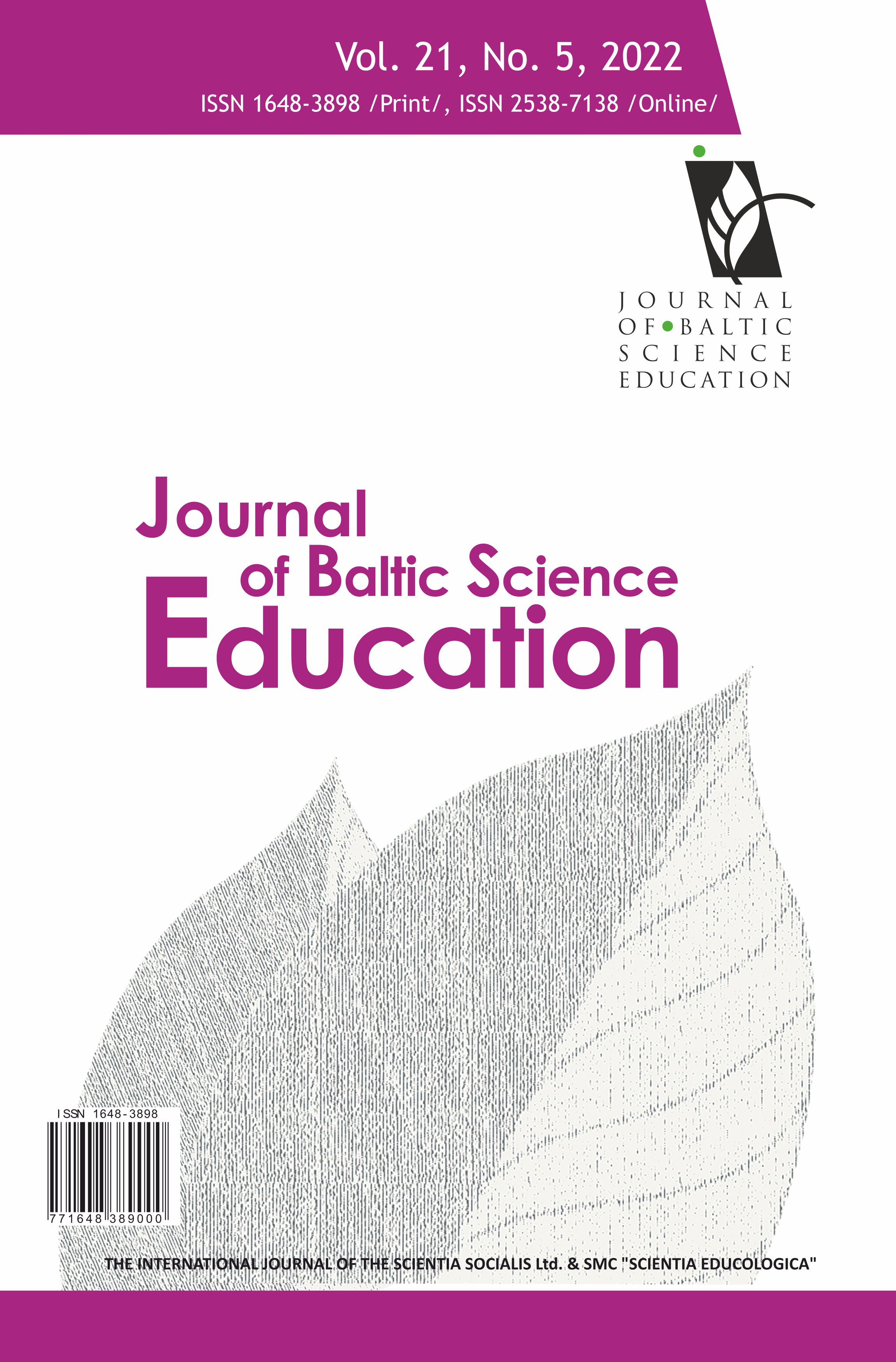DIFFERENCES IN CHEMISTRY TEACHERS’ ACCEPTANCE OF EDUCATIONAL SOFTWARE ACCORDING TO THEIR USER TYPE: AN APPLICATION OF EXTENDED UTAUT MODEL
DIFFERENCES IN CHEMISTRY TEACHERS’ ACCEPTANCE OF EDUCATIONAL SOFTWARE ACCORDING TO THEIR USER TYPE: AN APPLICATION OF EXTENDED UTAUT MODEL
Author(s): Kateřina Chroustová, Andrej Šorgo, Martin Bílek, Martin RusekSubject(s): Education, School education, Pedagogy
Published by: Scientia Socialis, UAB
Keywords: chemistry teachers’ motivation; educational software use; secondary education; technology acceptance;
Summary/Abstract: In this research, a model to determine chemistry teachers’ acceptance of educational software in secondary education is proposed. The model extends the unified theory of acceptance and use of technology (UTAUT) model. Data were collected from 556 Czech chemistry teachers and analysed using structural equation modelling. With respect to the significant differences among technology users and various types of nonusers, the research model for each user group was tested too. The results showed significant differences in the individual models for each group of technology user. In the model for ‘current users’ of educational software, the influence of facilitating conditions on current users’ use of educational software behavioural intention is stressed. In addition, non-planning users’ behavioural intention seems to be influenced by their personal innovativeness in IT, social influence, and performance expectancy. Behavioural intention and attitude towards using educational software affect each of the tested models, with attitudes being an even stronger predictor of educational software usage than behavioural intention. The models contribute to the understanding of teachers’ acceptance of educational software, which can be utilized in both pre- and in-service teacher training, considering technology mastery a necessary teacher competence.
Journal: Journal of Baltic Science Education
- Issue Year: 21/2022
- Issue No: 5
- Page Range: 762-787
- Page Count: 26
- Language: English

